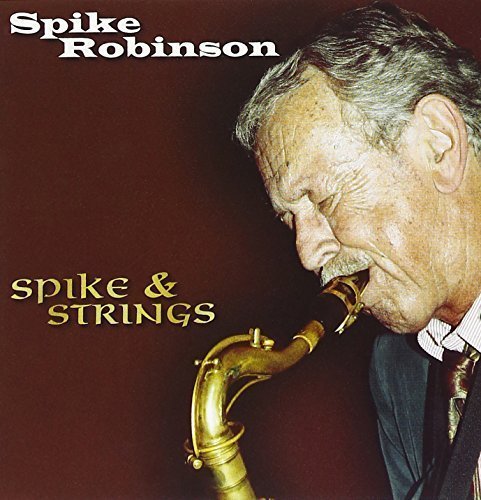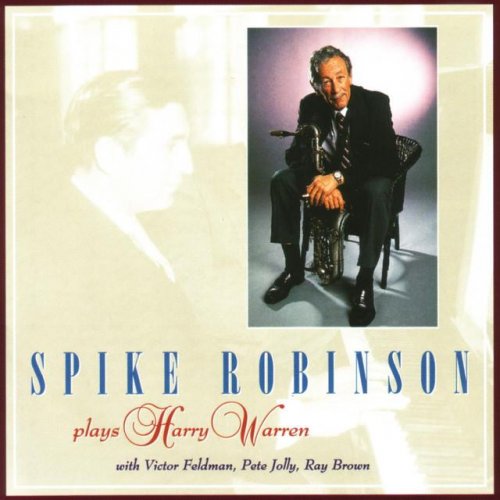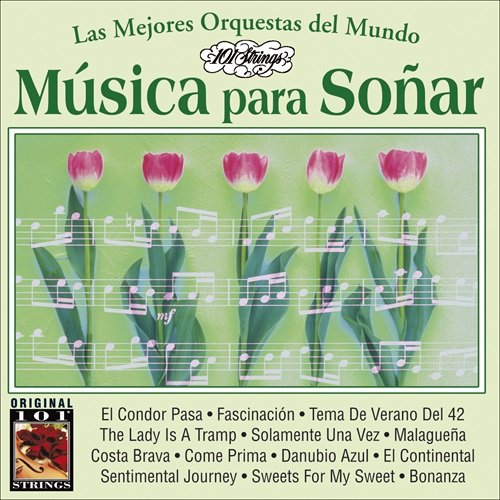Robin Holcomb - Larks, They Crazy (1989)
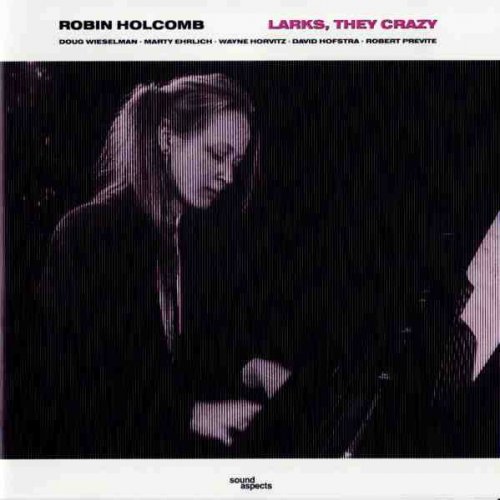
Artist: Robin Holcomb
Title: Larks, They Crazy
Year Of Release: 1989
Label: Sound Aspects Records
Genre: Jazz, Contemporary Jazz
Quality: FLAC (tracks+.cue,log) / MP3 320 Kbps
Total Time: 49:07
Total Size: 254 / 124 mb
WebSite: Album Preview
Tracklist: Title: Larks, They Crazy
Year Of Release: 1989
Label: Sound Aspects Records
Genre: Jazz, Contemporary Jazz
Quality: FLAC (tracks+.cue,log) / MP3 320 Kbps
Total Time: 49:07
Total Size: 254 / 124 mb
WebSite: Album Preview
01. New (4:12)
02. Larks, They Crazy (5:02)
03. The Natural World (4:23)
04. Thirds (7:48)
05. Tala/Davenport (3:25)
06. Continuity (4:34)
07. Marking (2:32)
08. March (4:50)
09. Dixie (3:52)
10. Silence in the Square (5:27)
11. Solo (2:48)
This recording marks a venture into composed and improvised creative music for Holcomb. Her musical ideas are for the most part solemnly focused, but there is a big difference in the approach, which is much more expansive and developmental. While her acoustic piano playing is center stage, she is surrounded by some brilliant improvisers, including multi-reedists Marty Ehrlich and Doug Wieselman, electric keyboardist Wayne Horvitz, tubist/bassist David Hofstra, and drummer Bobby Previte. High drama is the basis for Holcomb's 11 compositions, only one of which she vocalizes on. At its most extreme, "Silence in the Square" is hardly quiet, with wistful piano and Horvitz's keyboard dementia contrasting pining dirge horns. "Continuity" has so many elements that it's difficult to describe the myriad of motifs present in the song's four-and-a-half minutes. Wieselman's ribald clarinet and Ehrlich's alto glide over march drums and tuba on "Dixie," which is entertaining and funny. The most intricate piece, "Thirds," goes from peaceful to squeaky to reverential, and the hilariously titled "Larks, They Crazy" features Holcomb's raspy vocal, a free mezzo piano section, and religious overtones. "The Natural World," with its slow, heavy piano in a funeral setting, showcases Ehrlich's lush soprano and Wieselman's soulful tenor. Holcomb's piano is more prominent on the Kurt Weill-like intro to "Tala/Davenport," with tuba oom-pah-pah leading to minimalistic piano and deeper bass clarinet motions by Ehrlich. Holcomb adopts a Cecil Taylor stance for her wild solo during "March," a hard-swinging, full-bodied ensemble chart, and goes it alone on the delicate "Solo." The first piece, "New," is perhaps her definitive work, featuring a challenging mix of call-and-response horns, swing rhythms, and an Irish/Scottish flavor. Graced by some truly ambitious music, this project deserves a lot of attention.
![The Mood Mosaic & Fausto Papetti - Bésame (Y Haz De Mi Cuerpo Tu Reino) (2026) [Hi-Res] The Mood Mosaic & Fausto Papetti - Bésame (Y Haz De Mi Cuerpo Tu Reino) (2026) [Hi-Res]](https://www.dibpic.com/uploads/posts/2026-02/1772125285_cover.jpg)
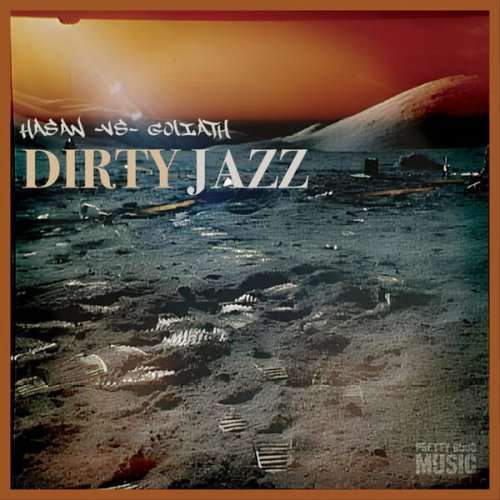
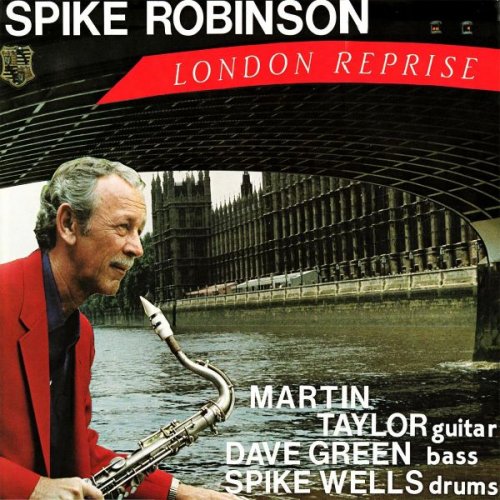
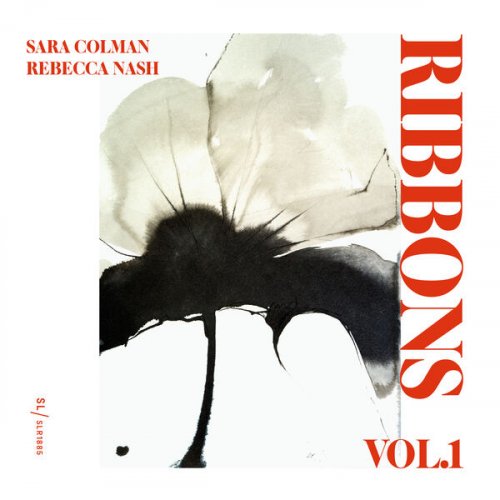
![Jeremy Pelt - Our Community Will Not Be Erased (2026) [Hi-Res] Jeremy Pelt - Our Community Will Not Be Erased (2026) [Hi-Res]](https://www.dibpic.com/uploads/posts/2026-02/1771945030_folder.jpg)

